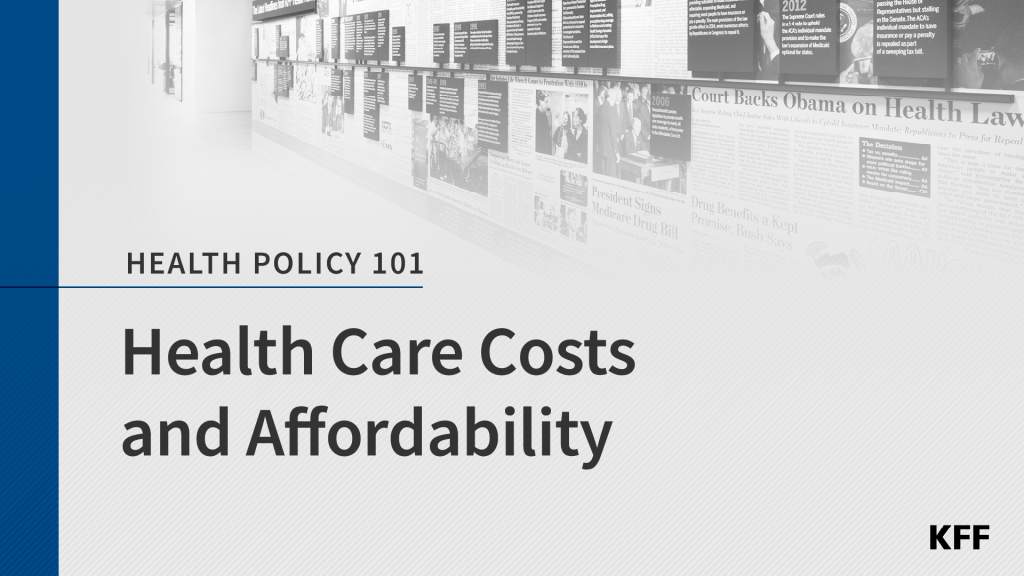New KFF/Los Angeles Times Survey Highlights the Financial Challenges Facing People with Employer Health Benefits
A new KFF/Los Angeles Times survey of Americans with employer health benefits finds that although most are largely satisfied with their employer plan, many report financial challenges related to their health care costs, particularly among those facing high deductibles or suffering from chronic health conditions.
